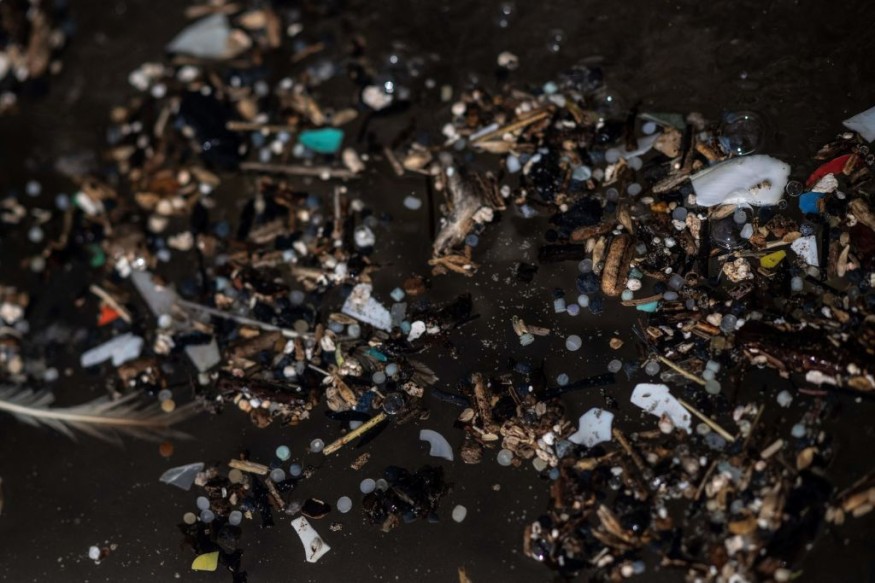People can help reduce microplastic in their daily consumption, including in the home's laundry. Exposure to microplastic can harm wildlife and the environment. Simple ways of plastic mitigation can benefit nature and humans.
According to a recent report, plastic pollution has been an alarming environmental problem. Increasing plastic debris can pose a significant threat to wildlife.
In addition, researchers raised awareness about the emergence of microplastics. NOAA defined microplastics as small plastic pieces (measuring less than five millimeters), coming from different sources: beauty products, larger plastics, and cleaning products.
Meanwhile, the report showed that microbeads have been a concerning problem coming from personal beauty or care products that could enter the water filtration system and harm aquatic life.
As a result, sustainable cloth cleaning can significantly help nature and aquatic ecosystems by reducing the amount of microplastic entering waters.
Using Cold Water and Less Detergent

Microplastic contamination can also impact lakes, rivers and other bodies of water after microfibers are released from washing machines. Based on the report, using cold water can help lessen the release of microfibers. Homeowners can also reduce the detergents in washing.
Avoid Frequent Use of Dryers
Meanwhile, researchers explained that dryers could cause more microfibers. Air-drying your clothes could contribute more to the problem, and it is best to do laundry on the clothesline.
Furthermore, organic clothes can also benefit the environment, especially polyester and synthetic clothing. Natural fibers are also recommended. People should also buy clothes when it is needed.
Improving Home and Wastewater Filter
Effective home and wastewater filters can help prevent microplastic or microbead release. Homeowners can install external filters in their laundry or washing machines.
On the other hand, people should always check their machines for microfiber filters. When washing clothes, homeowners should only wash on a normal cycle to save more water and avoid microfiber release.
Washing Fabric Less Often
It is one of the best solutions for reducing the problem of microbead pollution. Washing fabric clothes can significantly help. Homeowners can also wash the fabric in one full load.
Plastic Problem and Impact on Wildlife
In the recent NWN report, researchers warned of the widespread microplastic impact on marine ecosystems and goldfish. The research was published in Comparative Biochemistry and Physiology Part C: Toxicology & Pharmacology.
According to the report, the presence of microplastic can affect the goldfish behavior, posing more stress to small fish. The exposure can likely damage the animal's DNA and population.
Meanwhile, humans can likely become exposed to microplastic pollution by eating fish contaminated by microplastics.
Related Article : Microplastic Particles Found Inside the Bodies of Whales and Dolphins
For more similar, don't forget to follow Nature World News.
© 2025 NatureWorldNews.com All rights reserved. Do not reproduce without permission.





